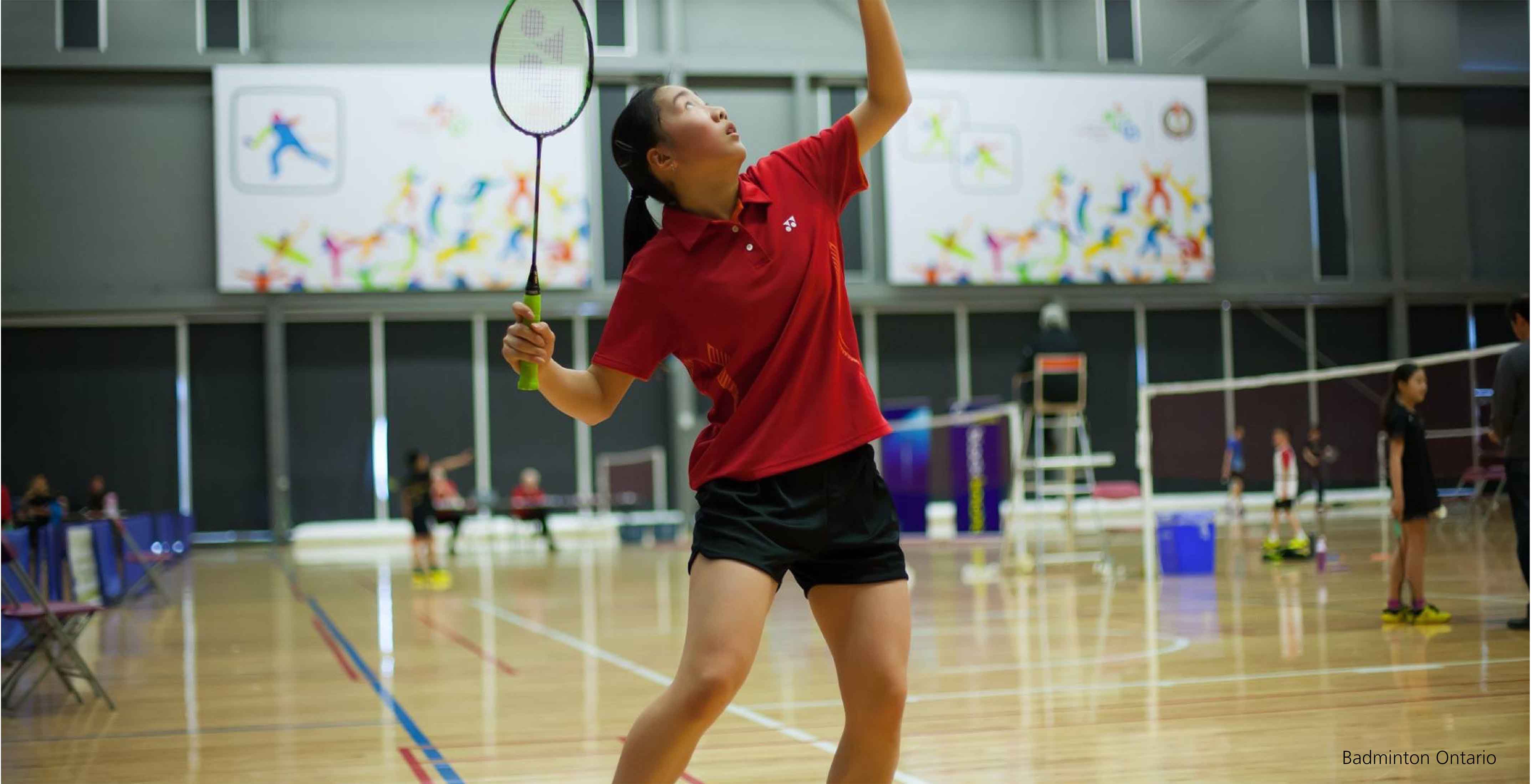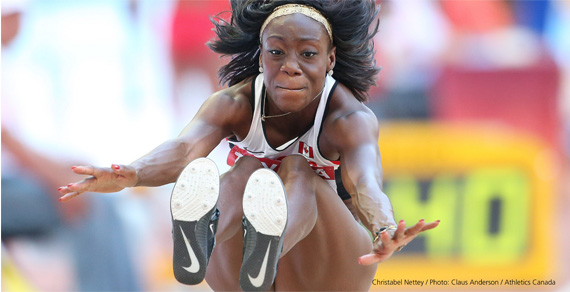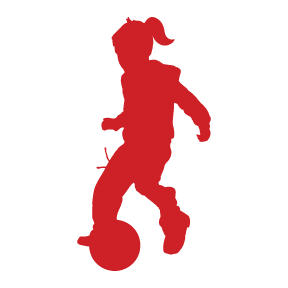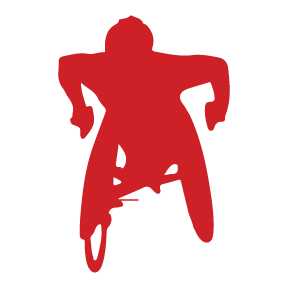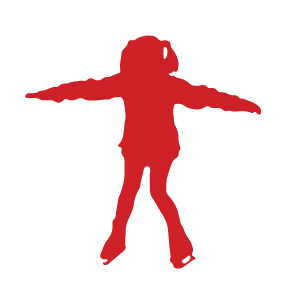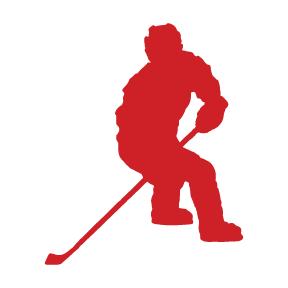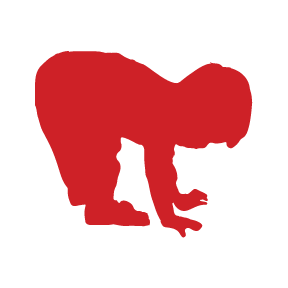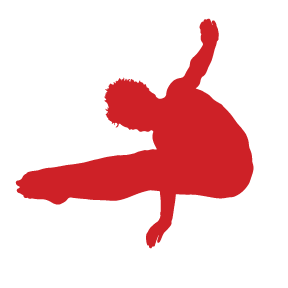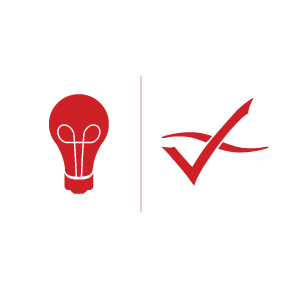Long-Term Development Stages
A clear path to better sport, greater health, and higher achievement
Children, youth, and adults need to do the right things at the right time to develop in their sport or activity – whether they want to be hockey players, dancers, figure skaters, or gymnasts. Long-Term Development (LTD) describes what athletes need to be doing at specific ages and stages.
Science, research, and decades of experience all point to the same thing: kids and adults will get active, stay active, and even reach the greatest heights of sport achievement if they do the right things at the right times. This is the logic behind the Long-Term Development Framework (LTD).
The Awareness and First Involvement pre-stages engage individuals in sport and physical activity, they must be aware of what opportunities exist and when they try an activity for the first time it is critical that the experience is positive.
The Active Start, FUNdamentals, and Learn to Train stages develop physical literacy before puberty so children have the basic skills to be active for life. Physical literacy provides the foundation for those who choose to pursue elite training in one sport or activity after age 12.
The Train to Train, Train to Compete, and Train to Win stages provide elite training for those who want to specialize in one sport and compete at the highest level, maximizing the physical, mental, and emotional development of each athlete.
Active for Life stage is about staying physically active through lifelong participation in competitive or recreational sport or physical activity.

